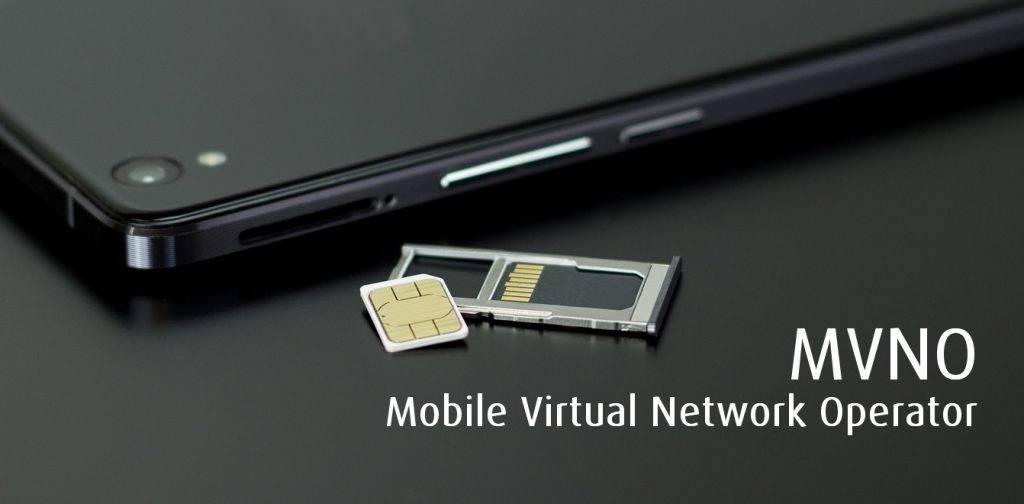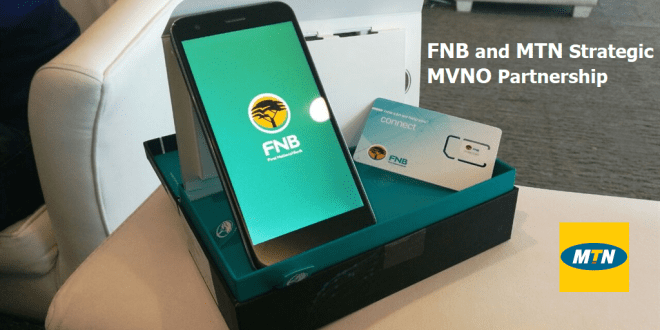FNB and MTN Strategic MVNO Partnership
Strategic Partnership Unveils the Future of (MVNOs)
In an era of constant technological innovation and increasing demand for seamless connectivity, the telecommunication industry continues to witness transformative collaborations. One such groundbreaking partnership has recently emerged between FNB, one of South Africa’s leading financial institutions, and MTN, the country’s largest mobile network operator (MNO). The signing of their Mobile Virtual Network Operator (MVNO) partnership deal has sparked great interest and speculation within the industry. This article will explore the significance of this alliance, delve into the concept of MVNOs, highlight the potential benefits for both companies, and shed light on the implications for the South African telecommunications landscape.
I. Understanding Mobile Virtual Network Operators
To grasp the true significance of the FNB and MTN partnership, it is essential to comprehend the concept of MVNOs. A Mobile Virtual Network Operator is an entity that provides mobile services to customers without owning the underlying network infrastructure. MVNOs operate by leasing network capacity from established MNOs, allowing them to focus on customer acquisition, branding, and service differentiation. They have gained prominence globally by targeting niche markets, offering innovative services, and providing a unique customer experience. MVNOs often collaborate with established brands from other industries to enter the telecommunications market.
II. FNB and MTN: A Strategic Partnership
The collaboration between FNB and MTN is a strategic move that holds immense potential for both organizations. FNB, with its extensive customer base and reputation for innovation in the financial sector, aims to leverage the power of MVNOs to expand its service offerings and diversify its revenue streams. By entering the telecommunications arena, FNB can provide its customers with integrated banking and mobile services, transforming their banking experience.

On the other hand, MTN, as the largest MNO in South Africa, benefits from partnering with a well-established brand like FNB. The agreement allows MTN to expand its network reach and monetize its infrastructure by leasing network capacity to FNB. This collaboration aligns with MTN’s strategic objective of fostering innovation and capturing new market segments while enhancing customer satisfaction.
III. The Benefits of the FNB and MTN Partnership
The partnership between FNB and MTN offers numerous advantages for both parties. Firstly, FNB can tap into MTN’s robust network infrastructure, ensuring reliable and high-quality mobile services for its customers. The collaboration allows FNB to rapidly enter the telecommunications market without the need for extensive infrastructure investments. Moreover, FNB can leverage its existing customer base to drive customer acquisition and expand its market share in the highly competitive telecommunications landscape.
For MTN, the partnership brings additional revenue streams through the leasing of network capacity to FNB. This enables MTN to optimize its network investments and gain a competitive advantage by sharing its infrastructure with a reputable financial institution. Furthermore, MTN can leverage FNB’s expertise in customer-centric innovation to enhance its service offerings and differentiate itself in the market.
IV. Implications for the South African Telecommunications Landscape
The FNB and MTN partnership has far-reaching implications for the South African telecommunications landscape. Firstly, it introduces a new player in the market that combines the strengths of a financial institution with the infrastructure and expertise of an MNO. This convergence of sectors could potentially disrupt traditional business models and encourage other industry players to explore similar collaborations.
The partnership also opens up new opportunities for innovative service offerings and customer-centric solutions. FNB’s expertise in financial services combined with MTN’s extensive network coverage can pave the way for bundled services, such as mobile banking, insurance, and digital payments. This convergence of services has the potential to enhance financial inclusion and transform the way customers interact with their financial and telecommunication providers.

Conclusion
The MVNO partnership between FNB and MTN marks an exciting development in the South African telecommunications landscape. By leveraging each other’s strengths, these industry leaders have the potential to redefine the way banking and mobile services are delivered to customers. The collaboration not only benefits FNB and MTN but also opens up new opportunities for innovation, customer-centric solutions, and healthy competition within the industry. As the partnership unfolds, it will be fascinating to witness the impact it has on the telecommunications market and the transformative changes it brings to customers’ lives.
By Abdul W Moghul
 MVNO MVNE MNO Mobile & Telecoms industry intelligence Telecoms Jobs, News and Business
MVNO MVNE MNO Mobile & Telecoms industry intelligence Telecoms Jobs, News and Business






